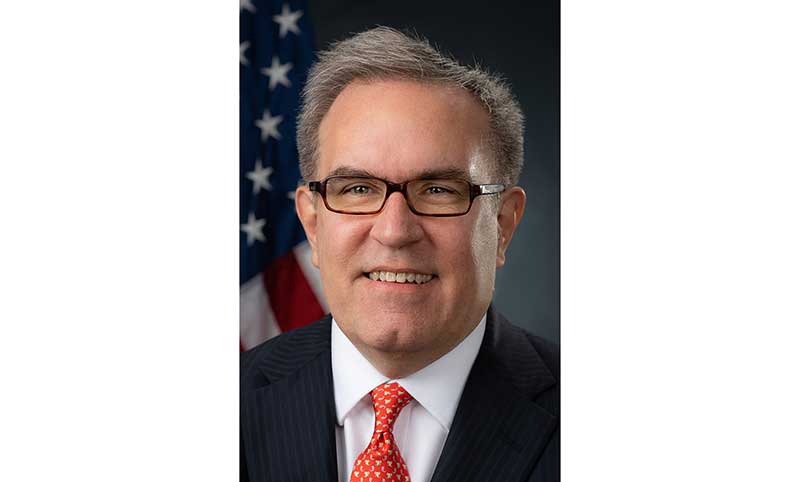U.S. Environmental Protection Agency (EPA) Administrator Andrew Wheeler recently participated in several events in the South Bronx that focused on food waste.
“Addressing the problem of food waste will take cooperation across the public and private sectors, so it was a pleasure to meet with some of the leading organizations and companies committed to eliminating wasted food in New York City and across the country,” Wheeler said. “The Trump Administration is working closely with our state and local partners to transform wasted food into solutions that feed communities, fuel our economy, and maximize our resources.”
Wheeler toured the FreshDirect facility, the nation’s largest online grocery store, and later participated in a U.S.-New York City food waste reduction roundtable discussion with CEOs and other leaders from EPA Region 2, City Harvest, ReFED and PepsiCo—a U.S. Food Loss and Waste 2030 Champion.
“As New York City’s largest food rescue organization, City Harvest appreciates the EPA’s commitment to reducing food waste nationwide,” said City Harvest CEO Jilly Stephens. “More than 40 million people in the United States—including nearly 1.2 million New Yorkers—experience food insecurity, while at the same time more than one-third of the food produced in the country is wasted. City Harvest is dedicated to working with producers and businesses who have excess food to redirect it to those who don’t have enough. This year, we will rescue 64 million lb. of food that would otherwise go to waste, and deliver it, free of charge, to hundreds of soup kitchens, food pantries, and community partners across New York City that help feed New Yorkers in need.”
“Every year, 40 percent of the food produced in our country goes uneaten, costing $218 billion dollars,” said ReFED Executive Director Chris Cochran. “Meanwhile, millions of Americans remain food insecure. We know that reducing food waste is not just critical for our economy and people, but it’s also one of the most impactful ways to address climate change. The time to act is now. That’s why we’re proud to be working alongside the EPA, FDA and USDA to take significant steps towards achieving 50 percent food waste reduction by 2030.”

